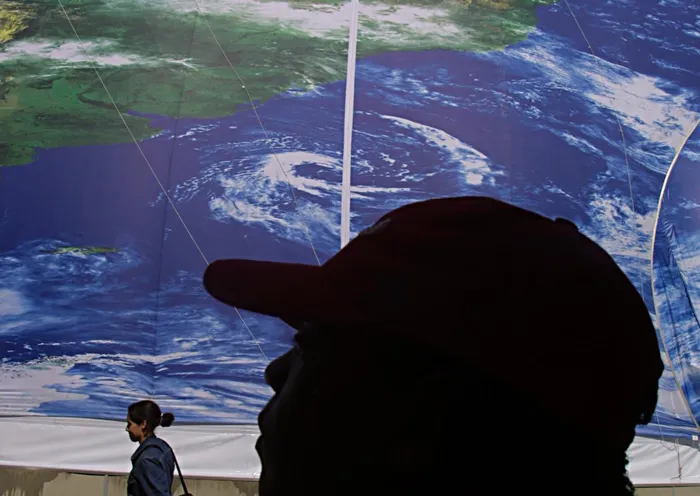Earth’s population to reach 7bn this month

Demographers have been stunned at the spread of humans as it was only in 1999 that we reached the six billion mark. Photograph: Anton Hammerl Demographers have been stunned at the spread of humans as it was only in 1999 that we reached the six billion mark. Photograph: Anton Hammerl
New York - The population of the world is expected to reach seven billion by October 31 amid warnings it could more than double by the end of the century.
Child number seven billion is most likely to be born by Halloween in the Asia Pacific region, where population growth is higher than anywhere else in the world.
Demographers have been stunned at the spread of humans as it was only in 1999 that we reached the six billion mark. By 2050, an estimated 2.3 billion more people will be added - nearly as many as inhabited the planet in 1950.
And by 2100 as many as 15.8 billion humans could be on Earth, according to the United Nations.
In Britain “The Day of Seven Billion” will be marked by concerns about the planet’s scarce resources being stretched even further.
But for 42.5 million people it will be a poignant day - they are old enough to have been around since the two billion mark was hit in 1927.
The nations behind the increase have shifted from Western Europe to Asia and Africa, which are in a period of high birth rates and declining death rates.
Countries such as Britain have low birth rates and low death rates, although increases in longevity mean numbers are rising here too.
Around AD 500-600, humans hit the 200 million mark, and it was not until the early 1800s that we reached our first billion thanks to advances in agriculture.
Over the following century that number more than doubled. In the past 60 years alone we have added 4.5 billion people, bringing us to the brink of seven billion.
UN secretary-general Ban Ki-moon has warned that “the seven billionth citizen will be born into a world of contradictions”.
The UN’s Revision of World Population Prospects study added: “Supporting the world’s population will mean eliminating poverty, transitioning to an economy that is in sync with the Earth, and securing every person’s health, education, and reproductive choice.
“If we do not voluntarily stabilise population, we risk a much less humane end to growth as the ongoing destruction of the Earth’s natural systems catches up with us.”
The world’s most populous nations are China and India, with 1.3 billion and 1.2 billion people respectively. - Daily Mail